Preparing for emergencies is a wise decision, and there is no doubt that it is better to be prepared for the worst-case scenario than not. However, there are many mistakes that preppers make, which can result in their preparation efforts becoming futile. In this article, we will take a look at the top ten mistakes preppers make and how to avoid them.
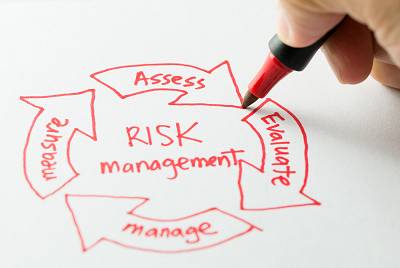 Failing To Evaluating Your Risk
Failing To Evaluating Your Risk
One of the significant mistakes preppers make is failing to evaluate the risks they face. Many people plan for one scenario and do not consider other possibilities. It is essential to evaluate the potential risks in your area, such as power outages, tornadoes, hurricanes, civil unrest, economic meltdown, nuclear incidents, and pandemics. By evaluating your risks, you can prepare for life and be better prepared for any situation that may arise.
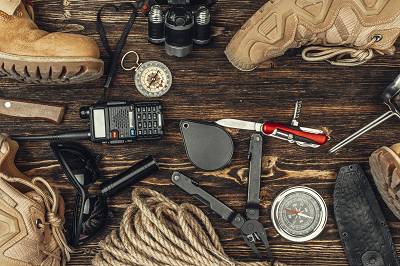 Focusing on Gadgets Over Skill
Focusing on Gadgets Over Skill
In the age of the internet, we have access to a wide range of gadgets and novelties that can seem appealing to preppers. However, one of the most significant mistakes a prepper can make is focusing on gadgets over skill. Skill is much more important than the tools you have. Having the right tools is essential, but it is more important to have the skills to use them effectively. Focus on learning practical skills such as first aid, self-defense, and gardening, and have high-quality gear that can withstand harsh conditions.
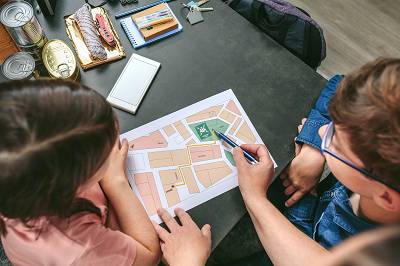 Failing to Have an Evacuation Plan
Failing to Have an Evacuation Plan
While your primary residence should be your first priority, as it has all your equipment and supplies, you must have an evacuation plan in place. If you are physically unable to carry all the necessary supplies, or if you have small children or elderly relatives, you must have a plan in place. Having a way to move yourself, your family, and all your supplies is of vital importance, especially considering roads may be jammed, or even closed.
Ensure you have a location you are heading to and alternative routes to get there.
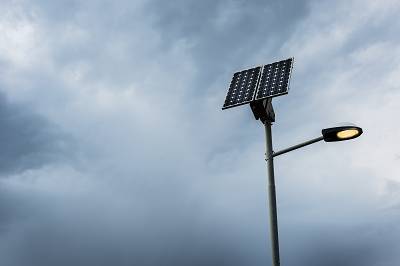 Relying on Technology
Relying on Technology
In a grid-down situation, relying on technology can be disastrous. Many preppers rely on their cell phones and computers to communicate with others, but if the grid is down, these devices may not work. Get to know your neighbours and establish a communication plan in case of an emergency.
 Failing to Rotate Supplies
Failing to Rotate Supplies
Preppers often make the mistake of hoarding supplies without properly rotating them. You may have stockpiled a large amount of food, water, and other essential supplies, but if you don't rotate them, they may become stale, expired, or even dangerous to consume. It is essential to rotate your supplies regularly to ensure they are fresh and usable. Make sure you keep track of expiration dates and use the first-in, first-out (FIFO) method to ensure that your supplies are always fresh and usable.
Set a reminder to rotate your supplies every six months to keep them fresh.
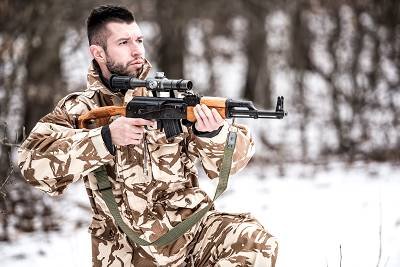 Focusing Too Much on Guns and Ammo
Focusing Too Much on Guns and Ammo
While being able to defend yourself is an essential part of preparedness, focusing too much on it can be a mistake. Preppers often forget about other aspects of preparedness, such as food, water, and medical supplies. Ensure you have a well-rounded approach to preparedness and focus on all aspects of survival.
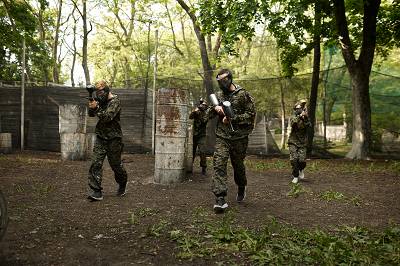 Failing to Develop a Community
Failing to Develop a Community
One of the biggest mistakes preppers make is failing to develop a community. Being part of a community of like minded individuals and communicate with them about your preparedness plans. Having a network of trusted individuals in your immediate community can be a huge asset in a disaster scenario. You can also invest in other forms of communication such as two-way radios, satellite phones, or even old-fashioned walkie-talkies. Make sure you have spare batteries, solar chargers, and other accessories to keep your communication devices powered up.
 Failing to Maintain Health & Fitness
Failing to Maintain Health & Fitness
Another mistake that preppers make is neglecting their physical health and fitness. In a survival situation, you may need to perform physically demanding tasks such as carrying heavy loads, running, or even fighting. If you're not physically fit, you'll be at a disadvantage and more vulnerable to injuries or illnesses. Make sure you exercise regularly, eat a healthy diet, and get enough rest to maintain your physical health and fitness.
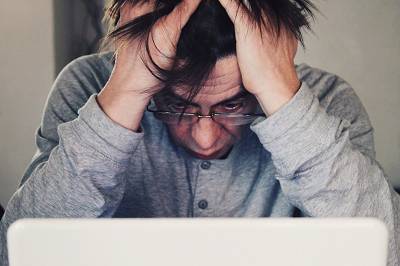 Failing to Maintain Mental & Emotional Well-Being
Failing to Maintain Mental & Emotional Well-Being
Preppers often overlook the importance of mental and emotional preparedness. In a disaster scenario, you may experience a range of emotions such as fear, anxiety, and depression. You may also have to make tough decisions or face unexpected challenges that can be mentally and emotionally draining. It's important to prepare yourself mentally and emotionally by learning coping skills, stress-management techniques, and problem-solving strategies. Consider taking a first-aid course or a self-defense class to boost your confidence and resilience.
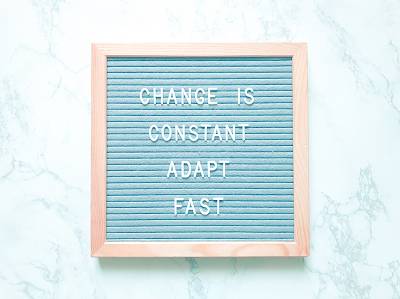 Failing To Adapt
Failing To Adapt
The final mistake that preppers make is failing to adapt to changing circumstances. While it's important to have a plan in place, you also need to be flexible and adaptable to changing circumstances. A disaster scenario may not unfold exactly as you have planned, and you may need to improvise, adjust your plans, or even abandon them altogether. Stay informed, stay aware of your surroundings, and be ready to adjust your plans as necessary.
In conclusion, being a prepper is all about being prepared for the unexpected. While it's important to have a plan, you also need to be flexible, adaptable, and willing to learn from your mistakes. Avoid these common prepper mistakes, and you'll be better equipped to handle any disaster scenario that comes your way.





